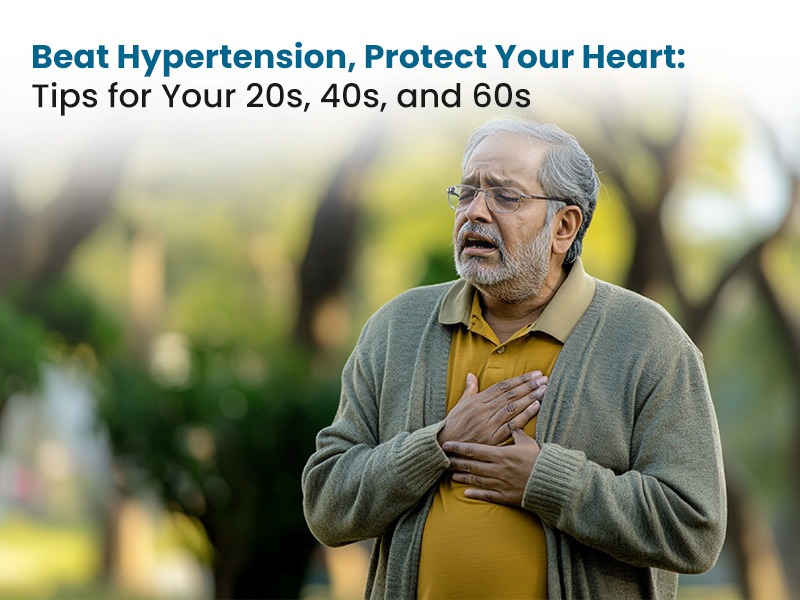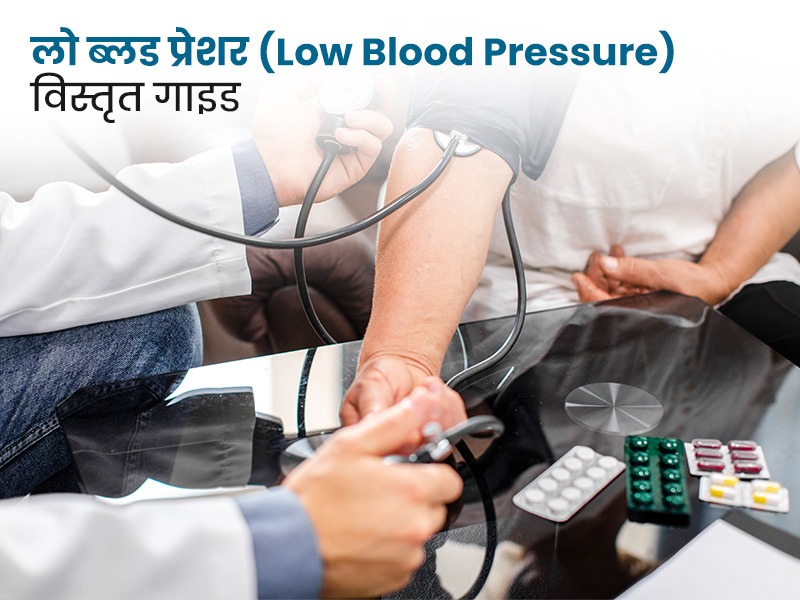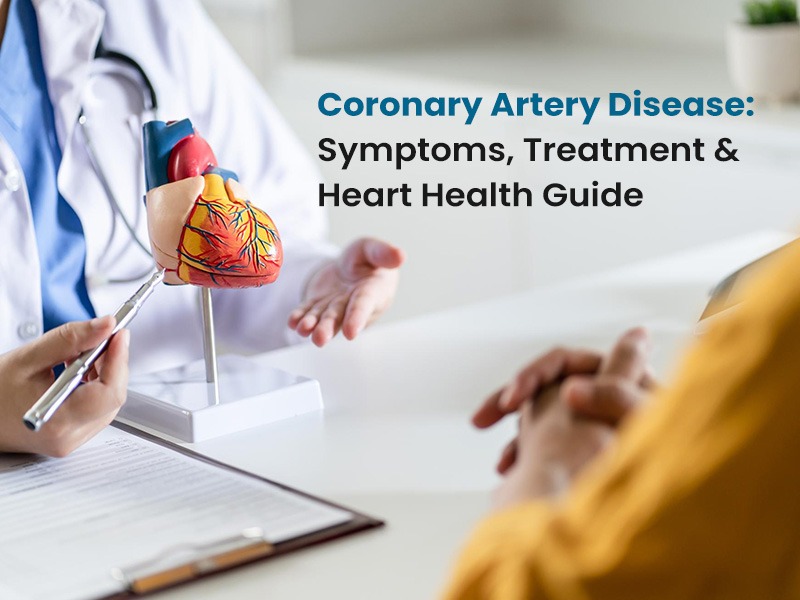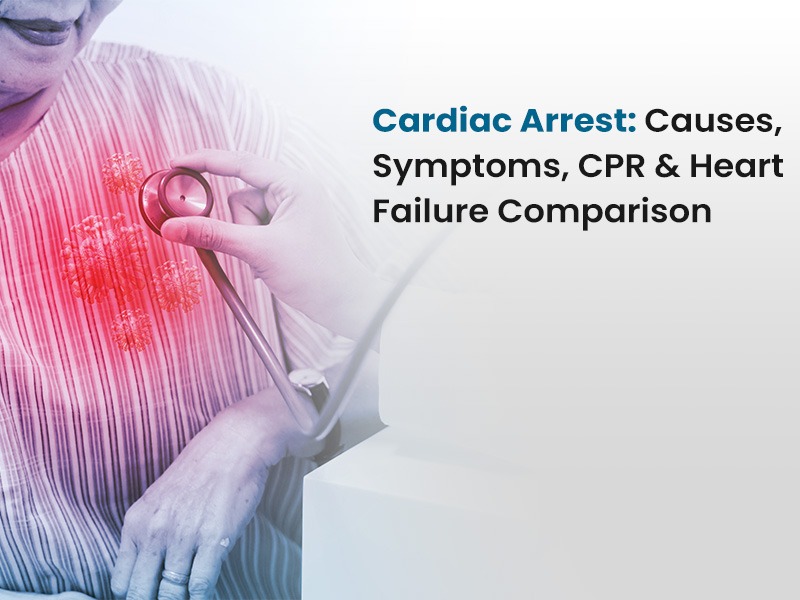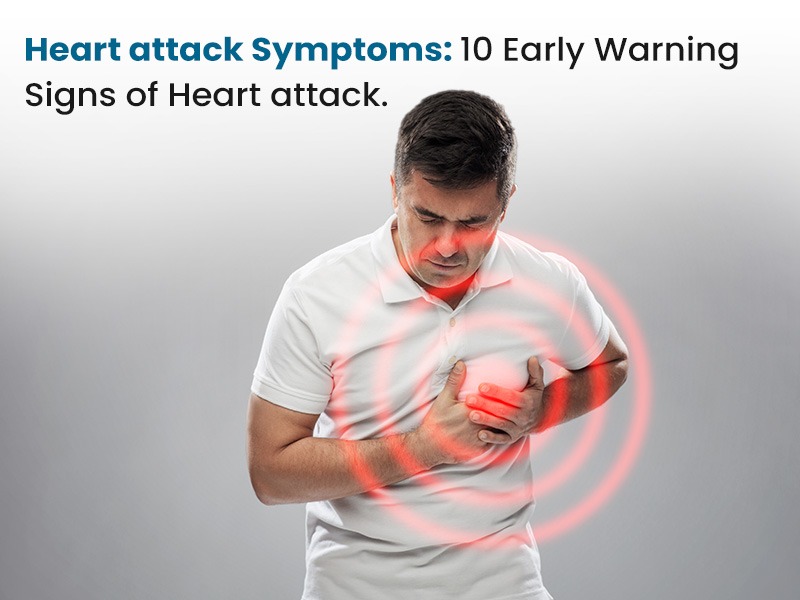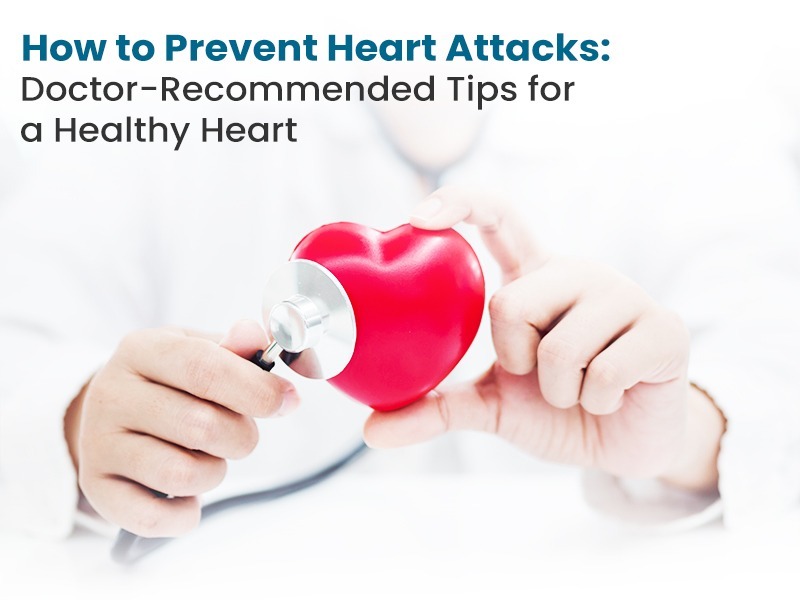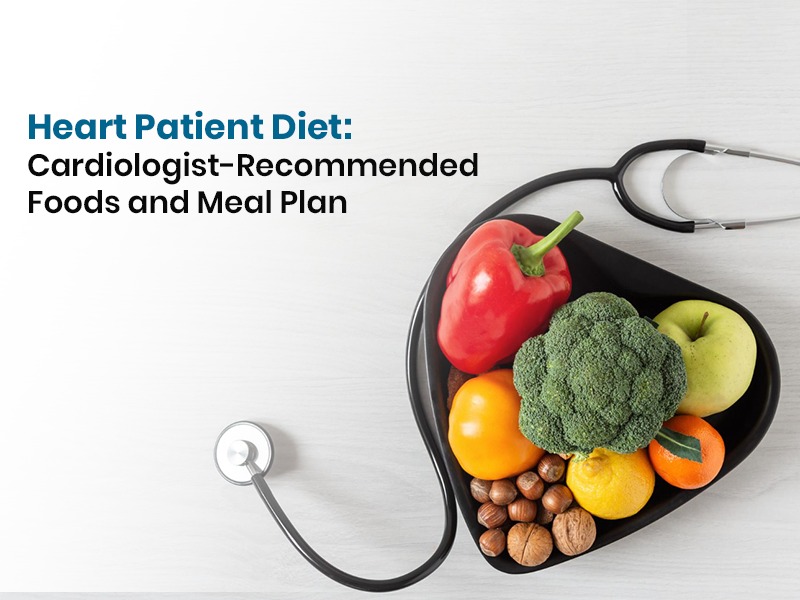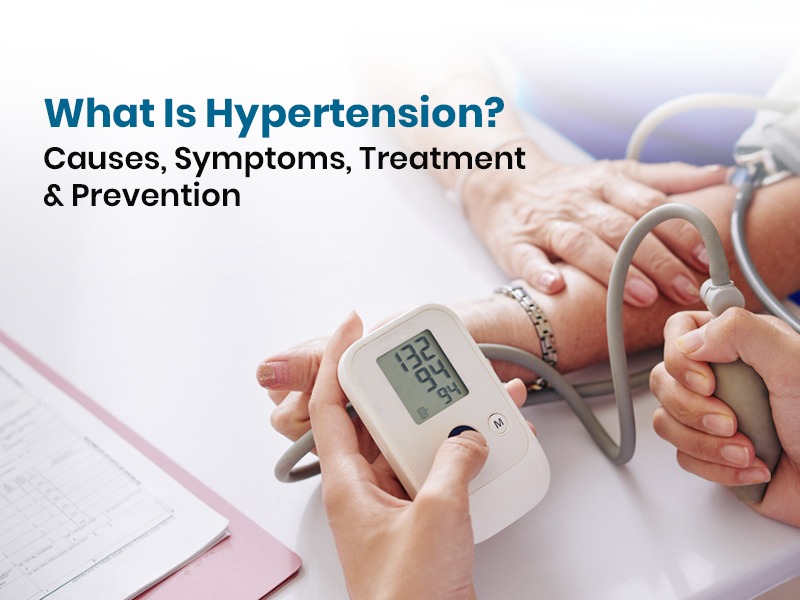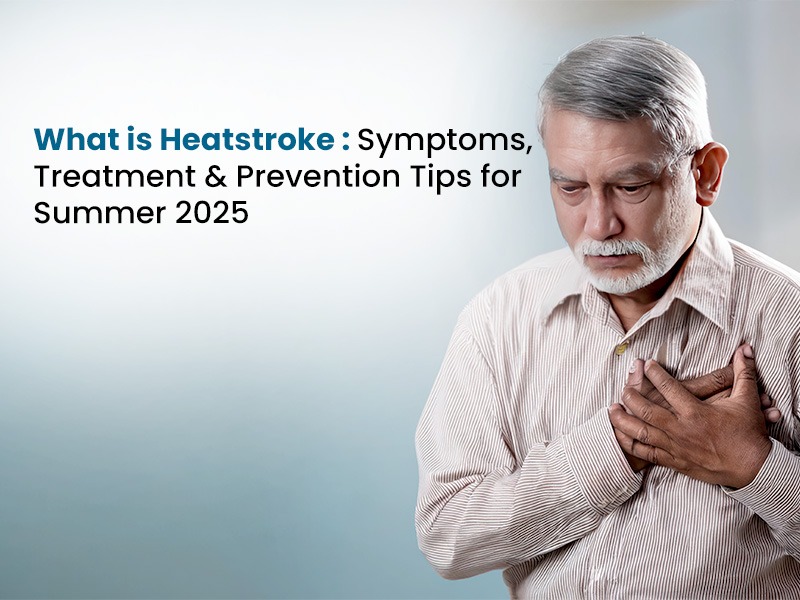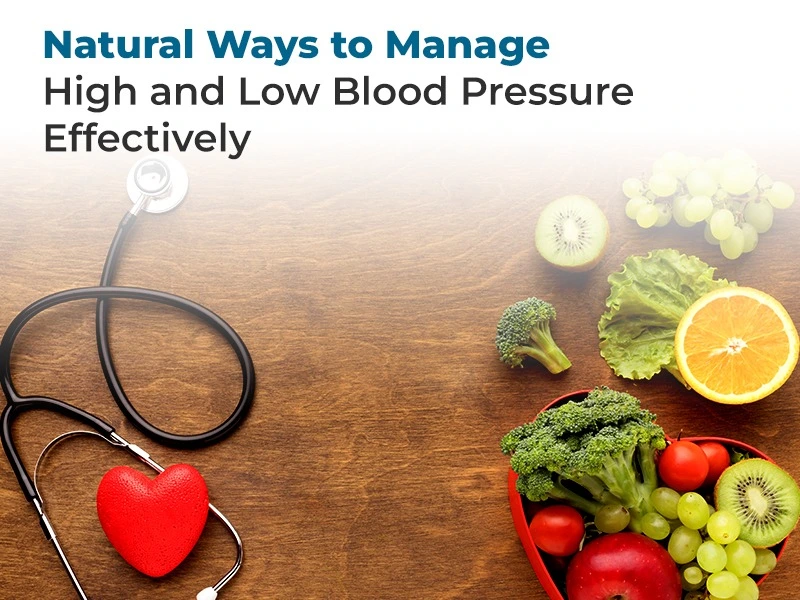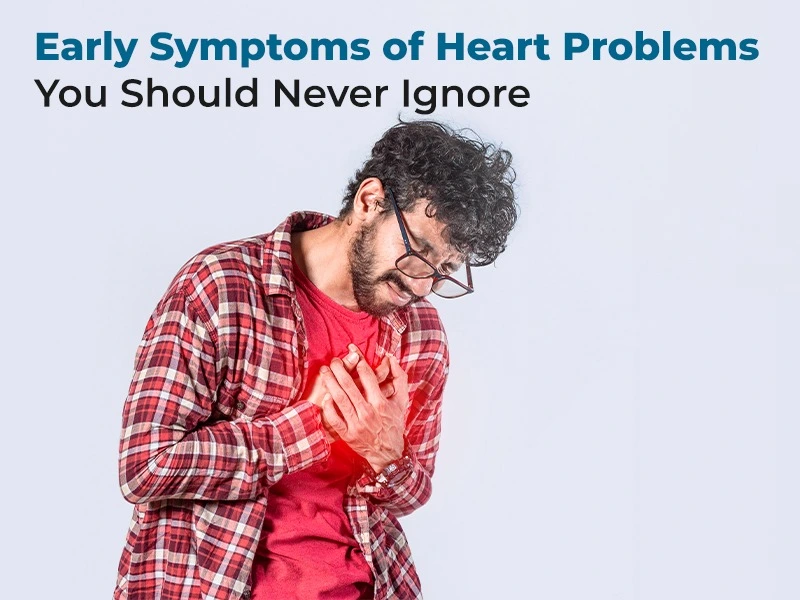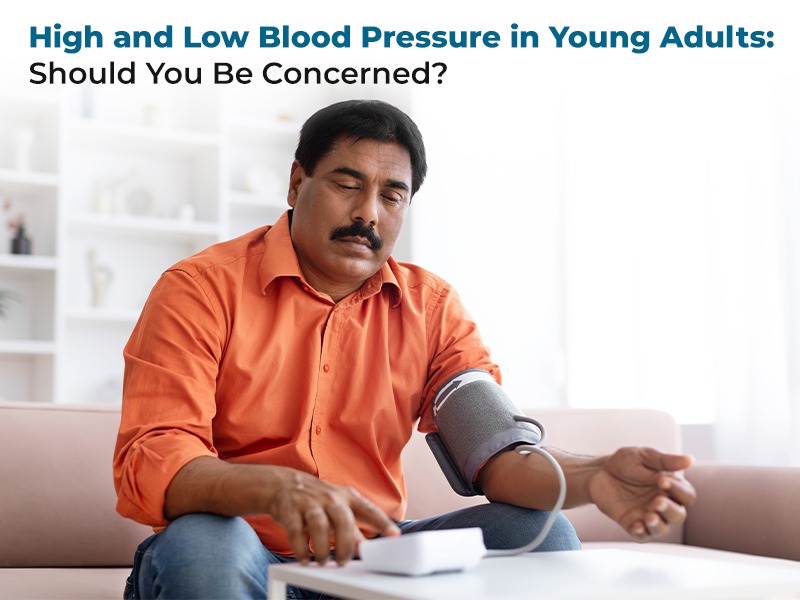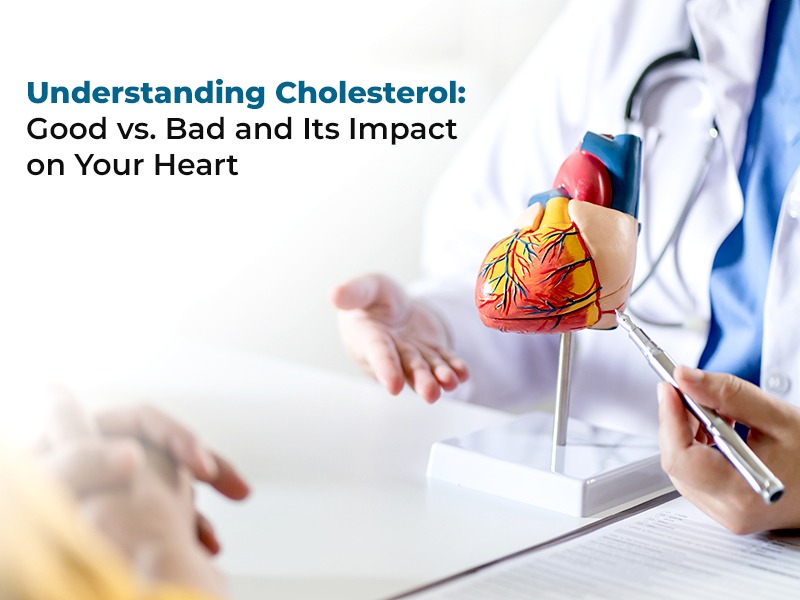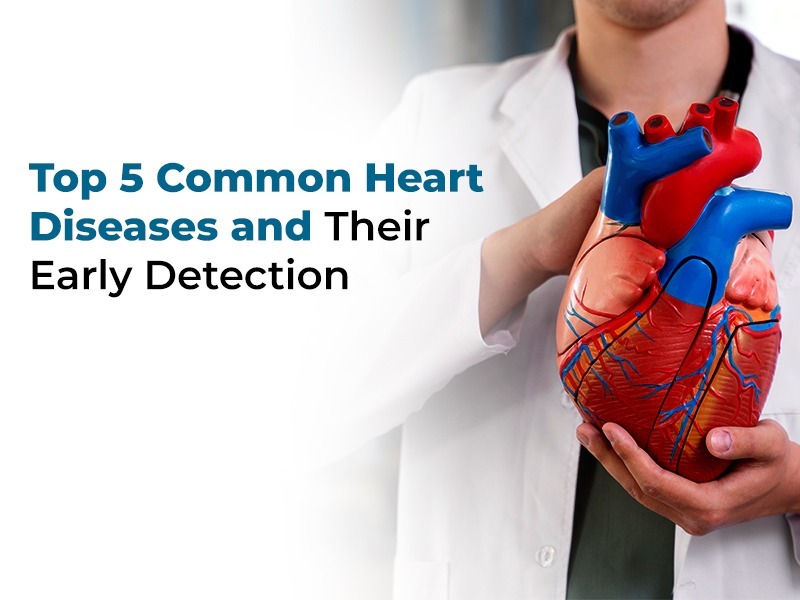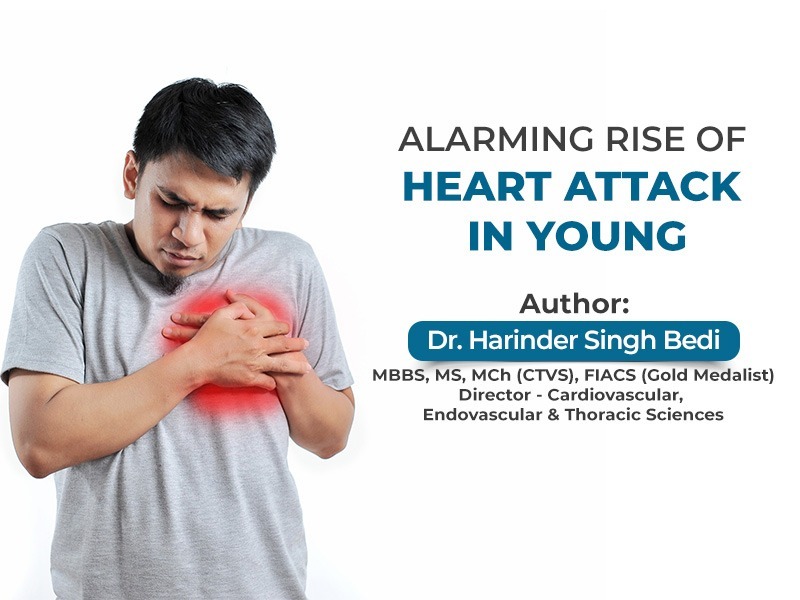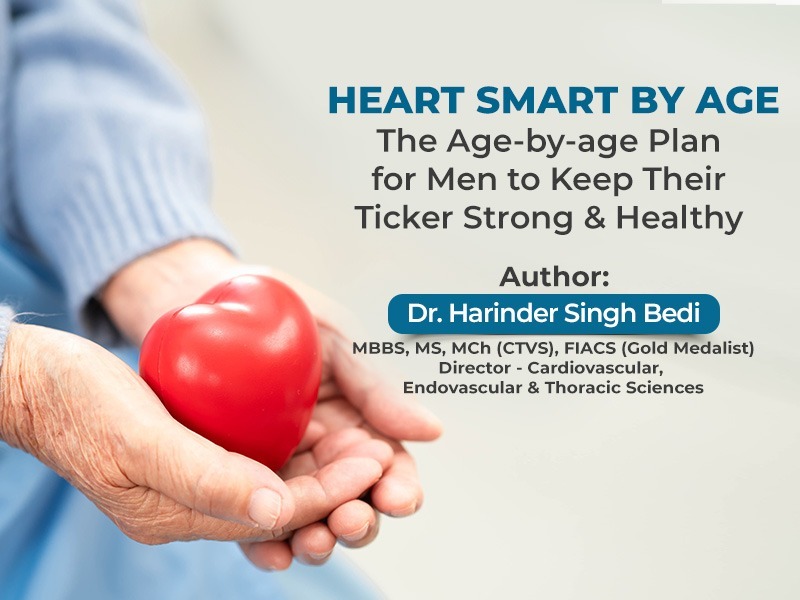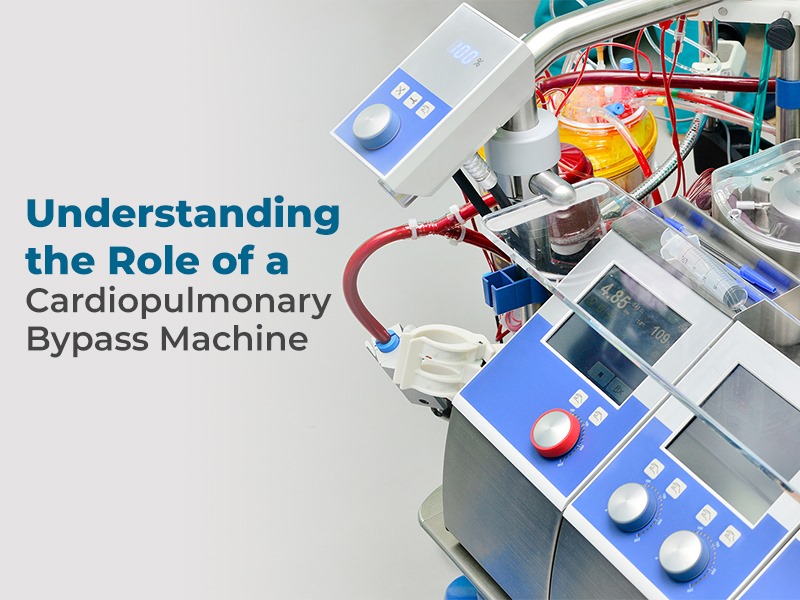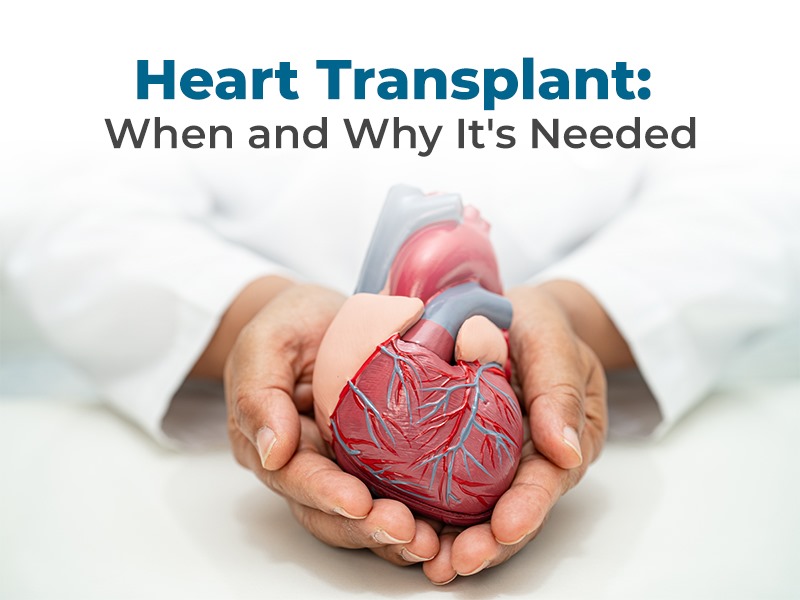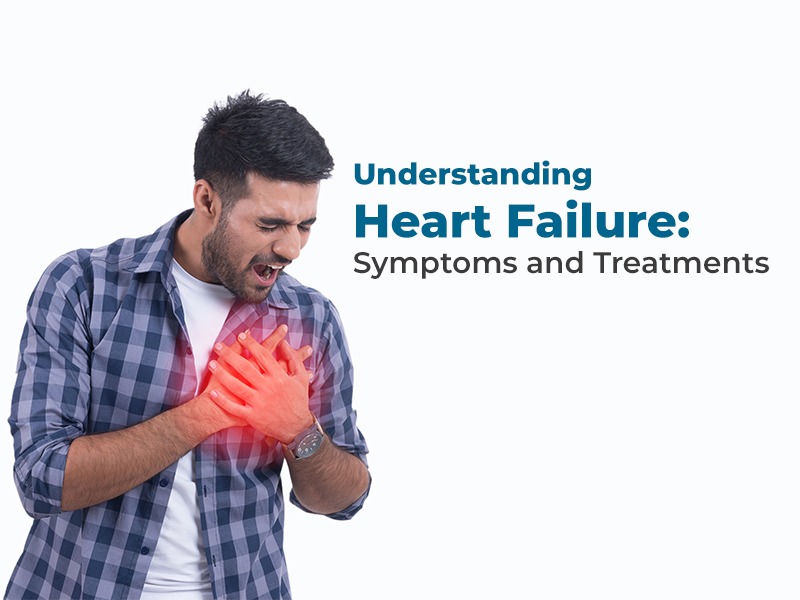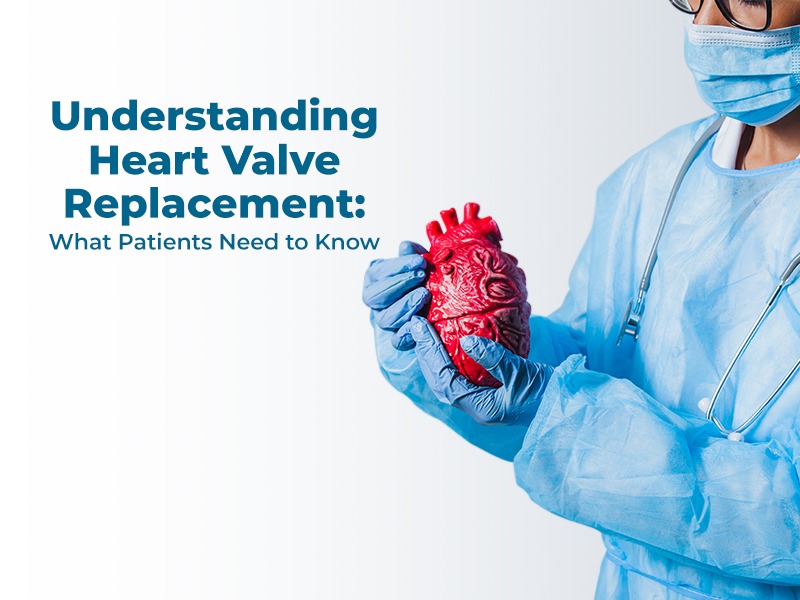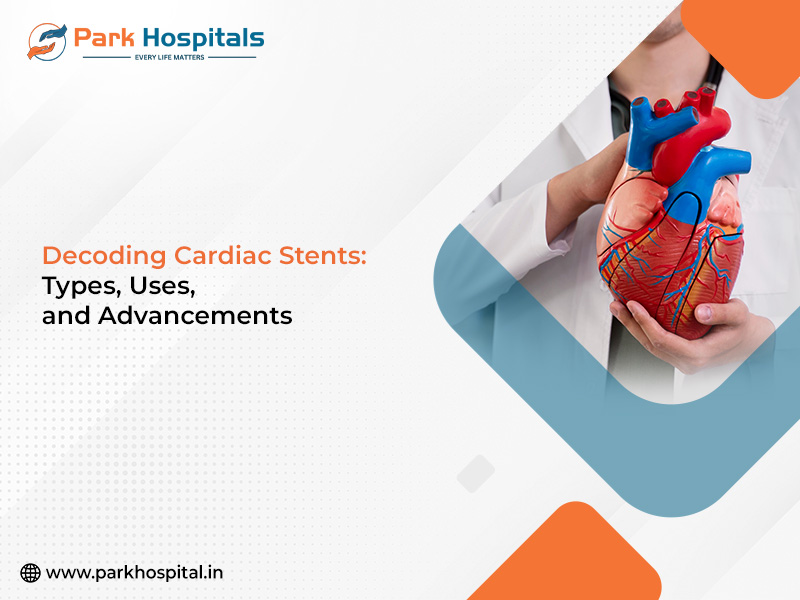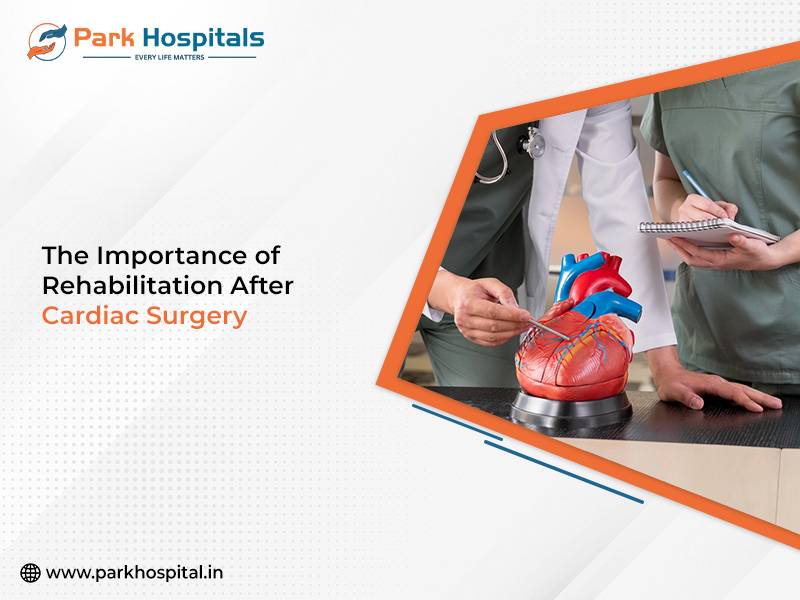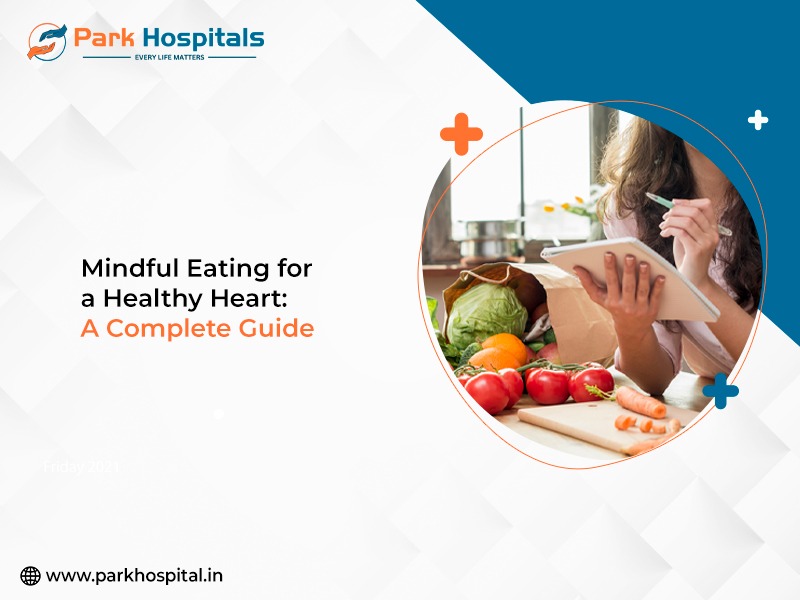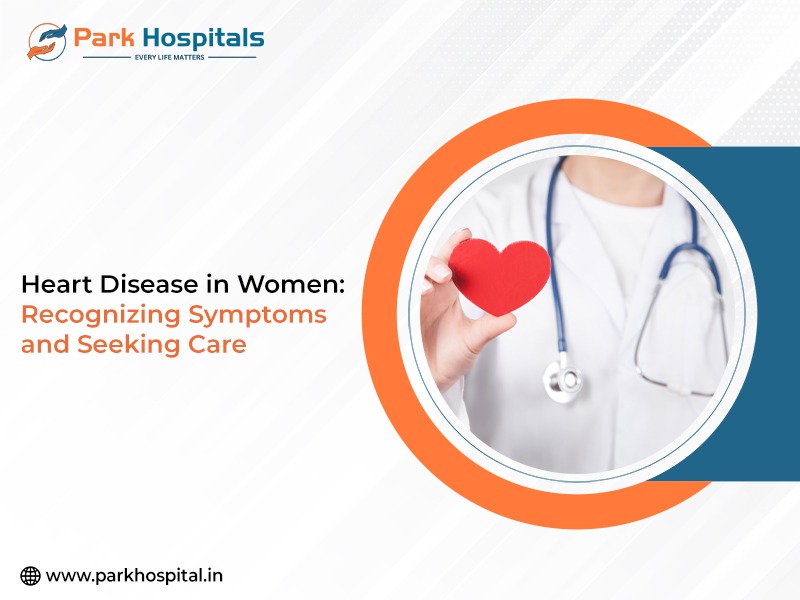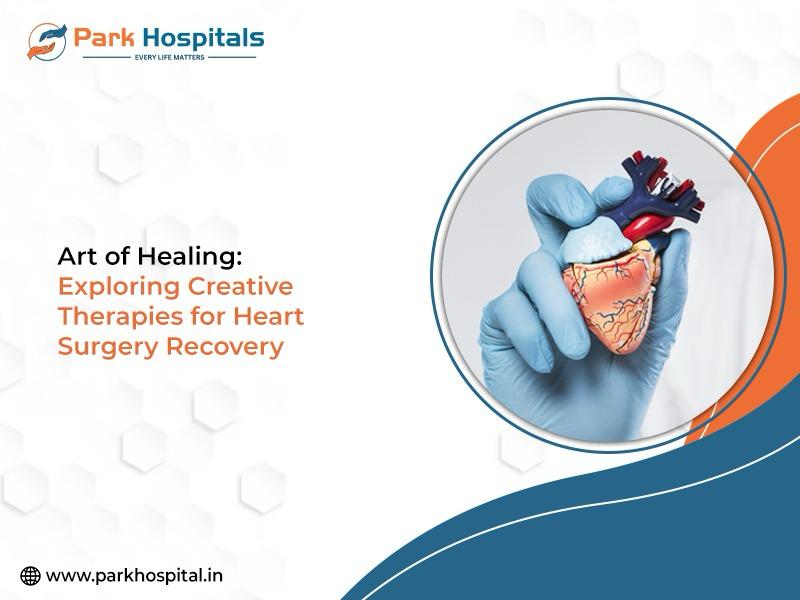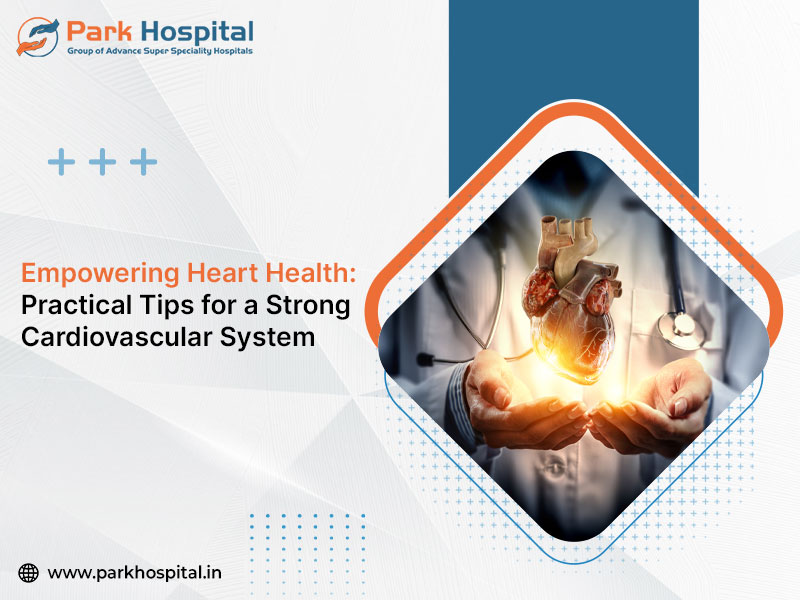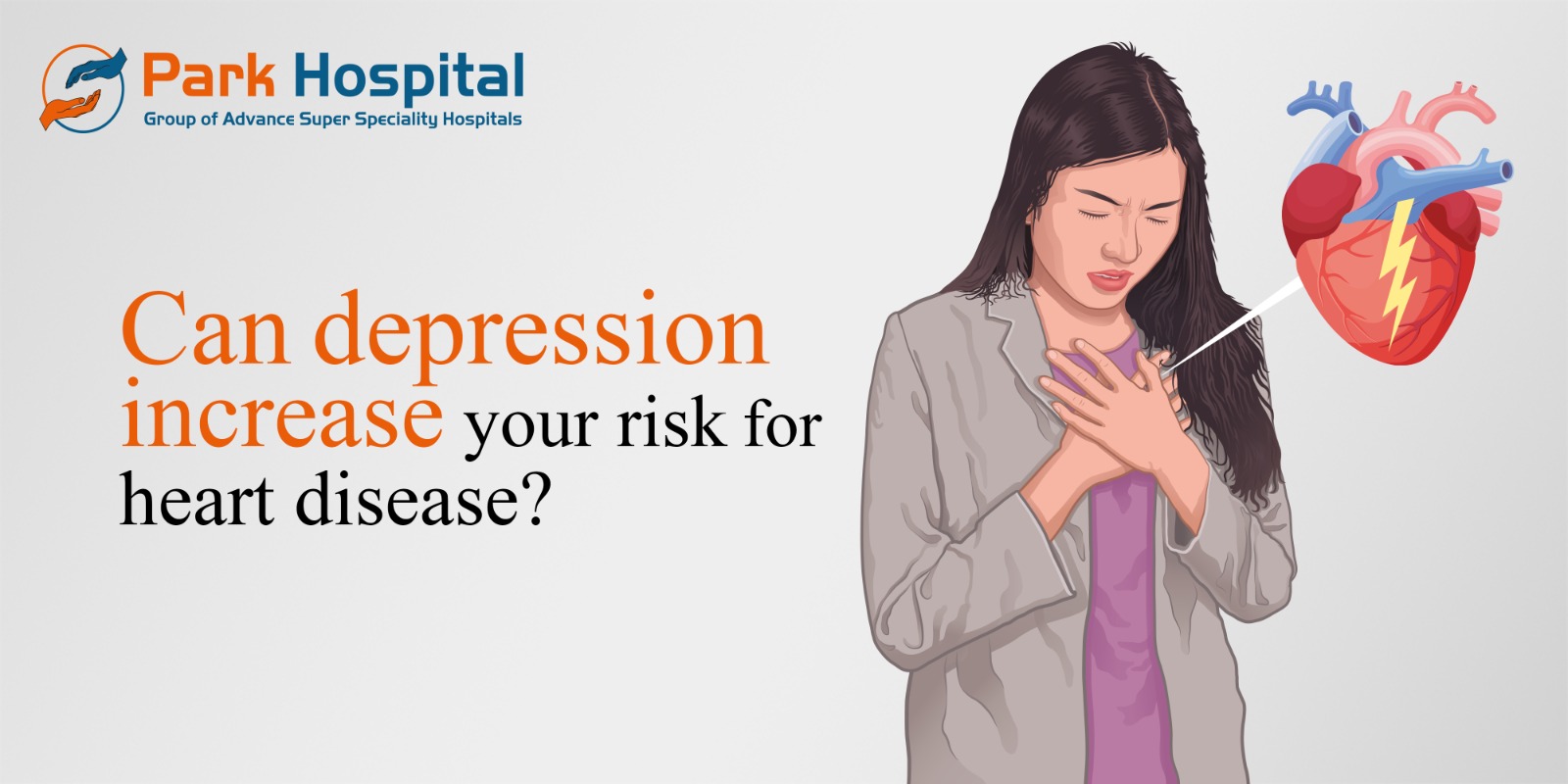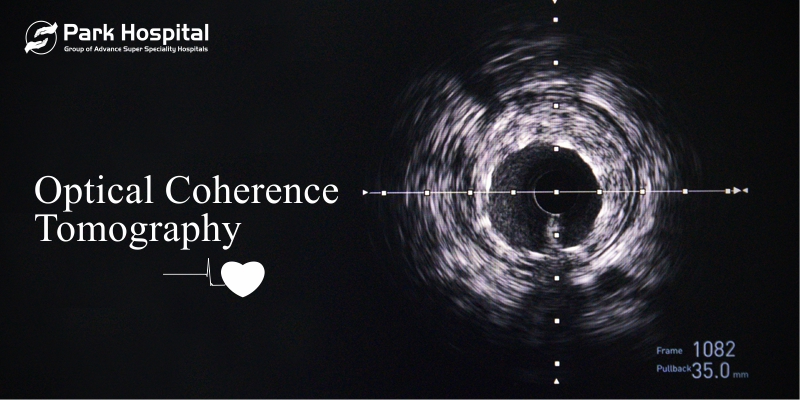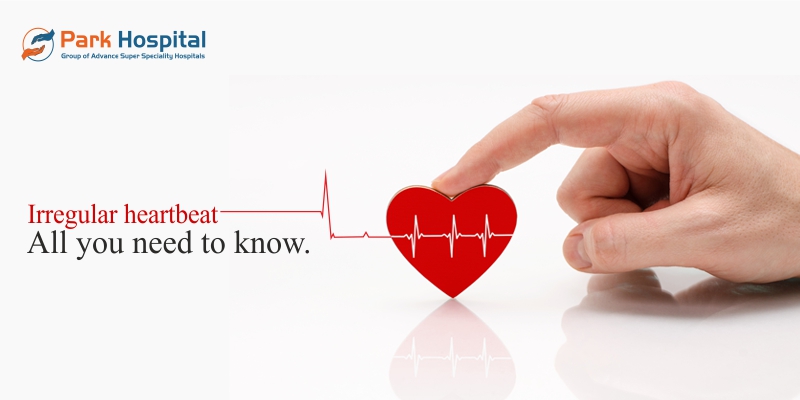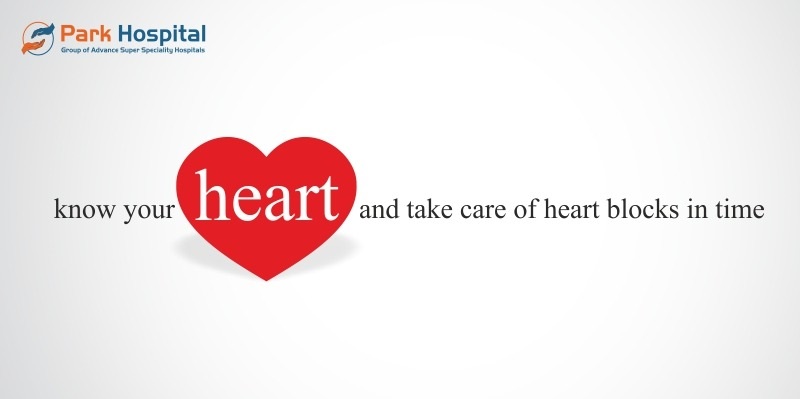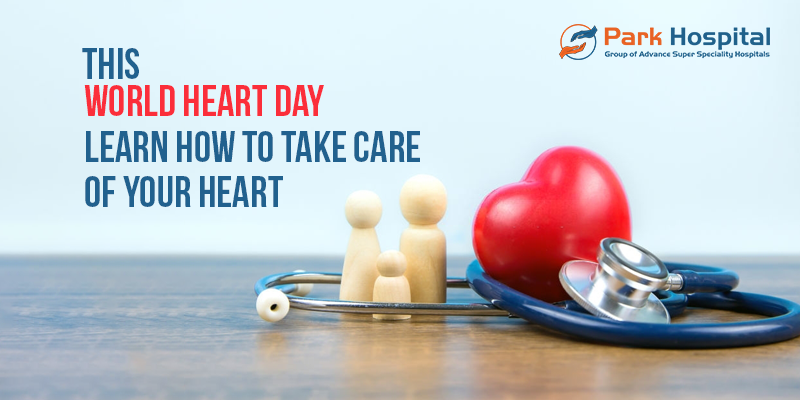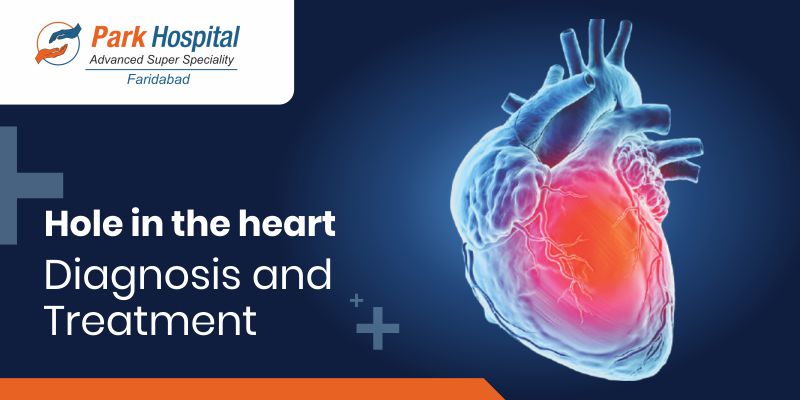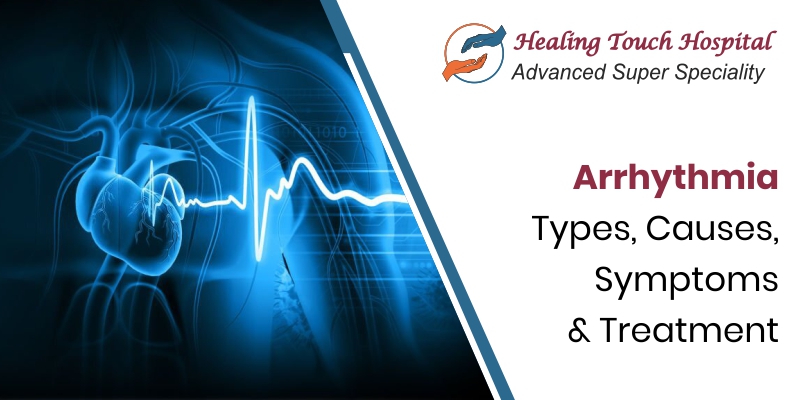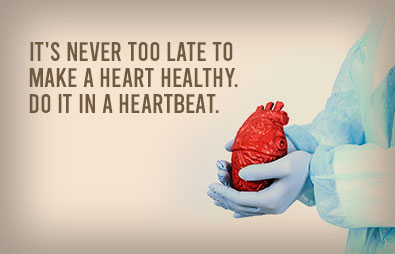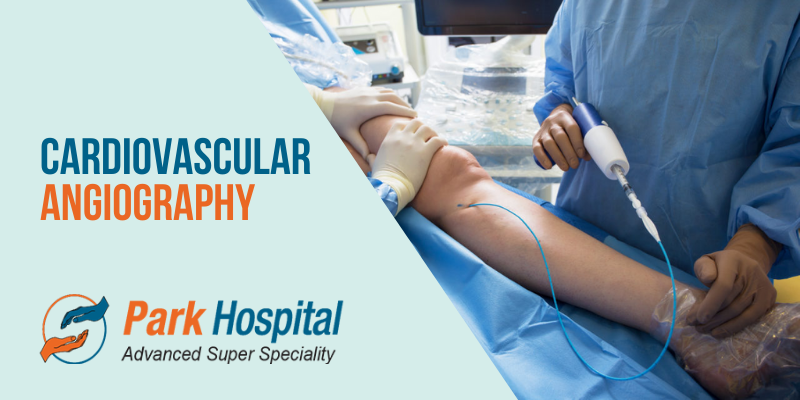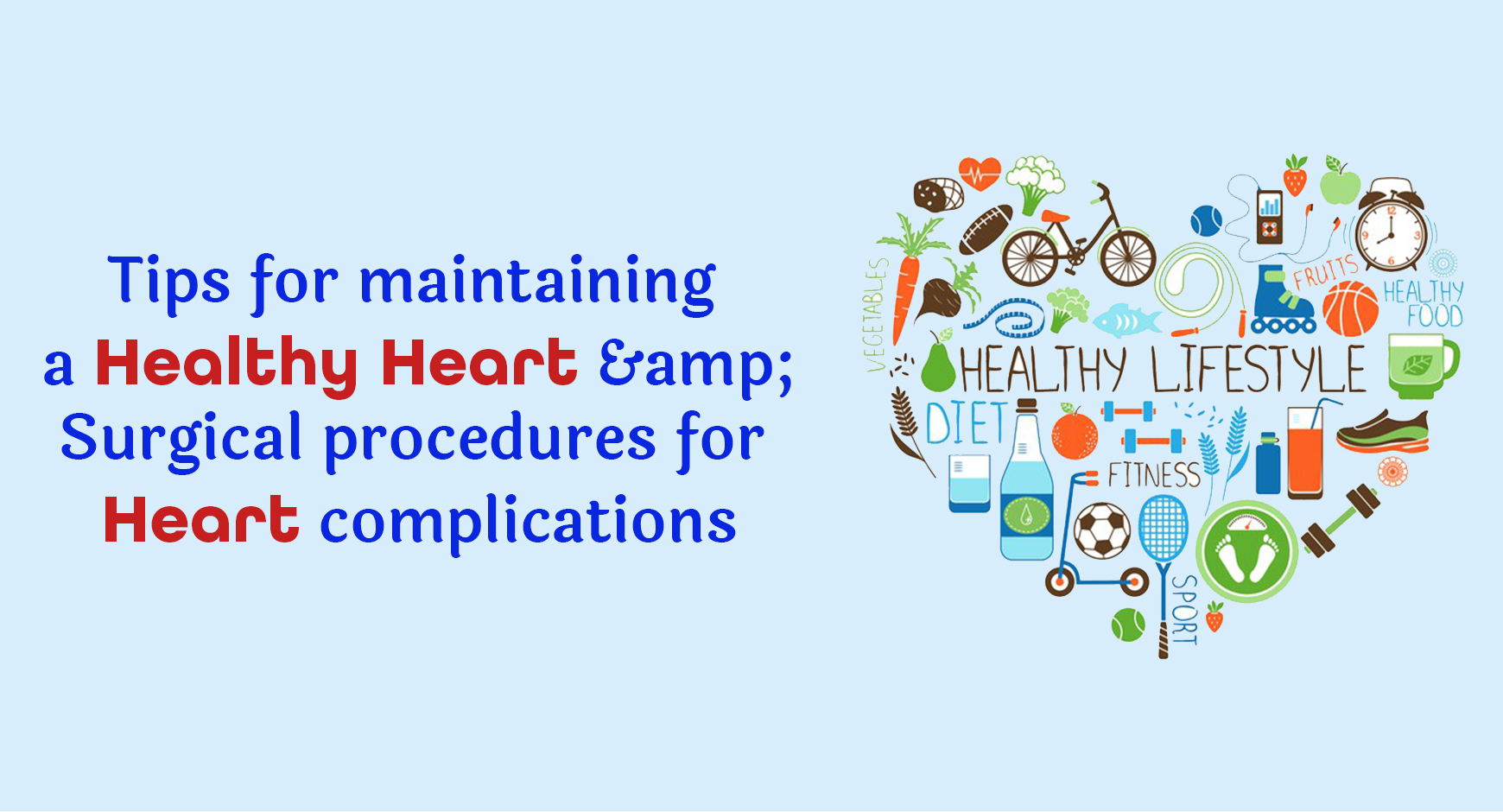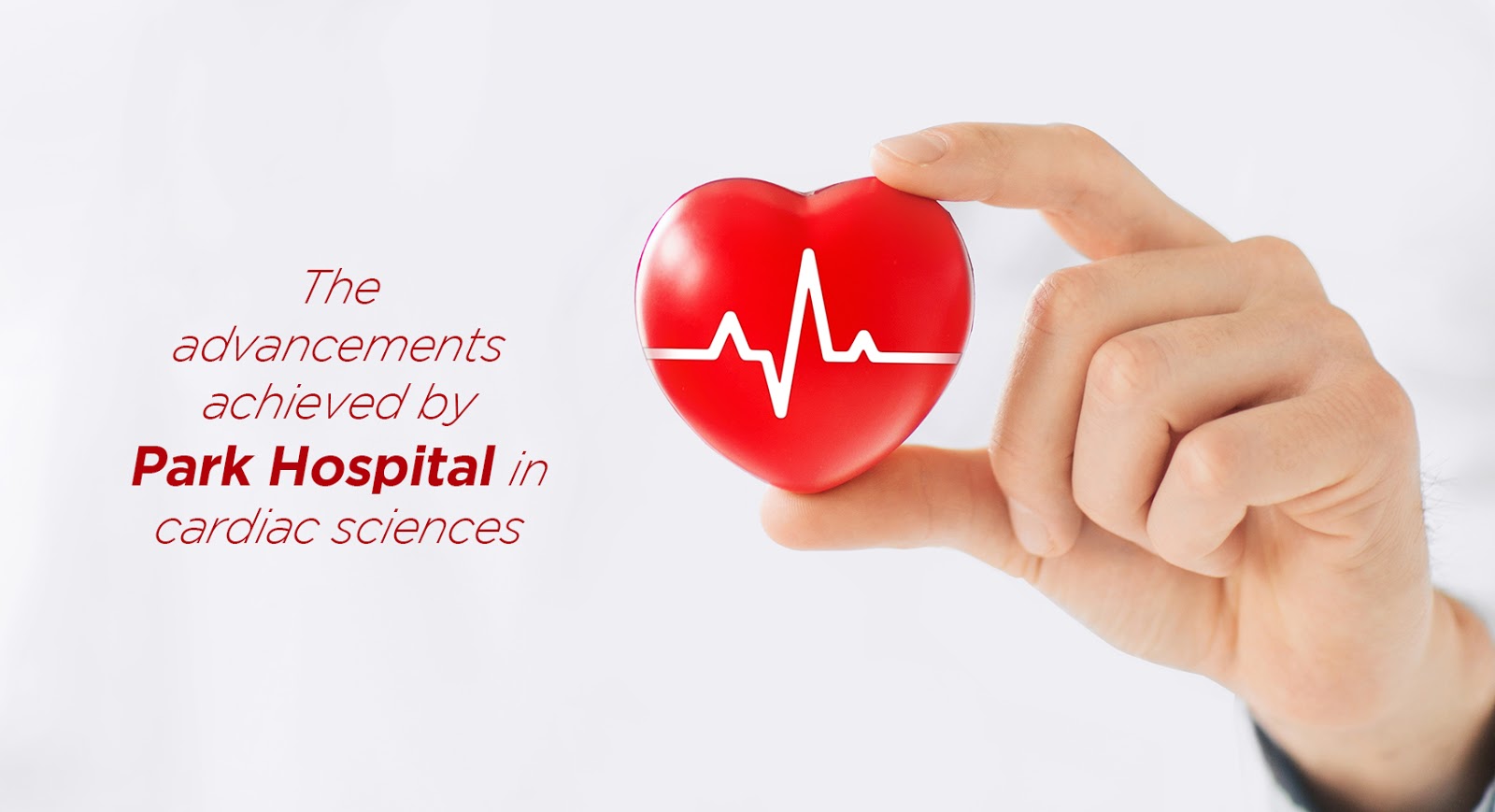Many people are under the false impression that hypertension or high blood pressure starts affecting their heart and other organs a lot later in their lives, somewhere in their retirement age. That's why they start looking into the cause, extent, and effects of hypertension a lot later.
However, the truth is that it affects your heart, brain, kidneys and other organs while you are young; its results are visible a lot later. With the changing age comes different challenges, priorities, life expectations, daily routine, and pressures, so your heart care habits should evolve too. Here is how you can protect your heart through the decades.
Decade-Wise Tips
Tips for Your 20s
Life in your twenties can feel fast. Nights out, new jobs, study, and screens can easily steal your focus from health. This is the perfect decade to lay down a strong foundation.
• Know your numbers
Get your blood pressure checked at least once every year. If you have a family history of high blood pressure or start noticing high blood pressure symptoms, keep a closer watch.
• Stay active
Aim for 30 minutes of physical activity most days. As the heart doctor at Park Hospital states, a mix of walking, dancing, swimming, or anything that gets your heart beating a little faster. Movement keeps your blood vessels flexible.
• Build a balanced plate
More home food than takeaway. Add colourful vegetables, fruits, whole grains, and nuts. Go easy on salted snacks and sugar-laden drinks.
• Keep stress from ruling your life
New responsibilities can raise stress levels. Breathing exercises, music, time with friends, and regular sleep help your mind relax.
• Limit alcohol and avoid smoking
These habits strain your heart over time. If they creep into daily life, take a step back and set your own boundaries.
The habits you set now will follow you for decades, so give your heart a friendly head start.
Tips for Your 40s
This decade often brings family duties, career challenges, and less personal time. The body also starts responding differently to lifestyle factors, so extra care becomes wise.
• Track your blood pressure at home
A simple digital monitor can help you notice changes early. If readings cross 120/80 mmHg on multiple days, consult a doctor.
• Watch your waistline
Fat stored around the stomach is closely linked to high blood pressure. Small, consistent changes, like daily walks and mindful eating, can make a big difference. You may also opt for a diabetic diet chart or a specific disease-specific diet if it helps you in any way.
• Protein and fibre take centre stage
Include lean proteins and more fibre-rich foods. They support weight control and better metabolism.
• Salt check
Most salt comes from processed foods like pickles, packaged crisps, bread, and ready meals. Read labels and pick lower-sodium options.
• Stay away from burnout
Balancing everything at once can feel impossible—Prioritise rest. Short breaks during work help keep stress from building into a storm.
Your 40s are a checkpoint. Stay ahead of rising risks through steady self-care.
Tips for Your 60s
The heart has supported you through years of living, laughing, and learning. Now it deserves thoughtful attention.
• Regular screenings
Blood pressure checks every few months help doctors guide you well. Look out for related concerns, such as cholesterol and blood sugar.
• Daily gentle movement
Yoga, stretching, cycling on easy paths, or light household chores keep circulation smooth.
• Warm meals with heart-healthy fats
The best cardiologist in Mohali notes that olive oil, flax seeds, avocados, and small portions of fatty fish can support better heart health.
• Stay hydrated
Older adults often feel less thirsty, leading to thicker blood that the heart must push harder. Keep a bottle near you and sip throughout the day. In fact, switching sugary drinks with plain water helps to have a cholesterol normal range.
• Social ties
Loneliness affects heart health. Join a hobby group or enjoy regular chats with people who uplift you.
Your 60s are about enjoying the life you built while still caring for your heart.
Some Common Tips
There is some advice from the best heart specialist in Delhi, which you may follow at all ages, as they are the habits that never lose importance.
Maintain healthy body weight
Enjoy fresh fruits and vegetables
Sleep well, preferably 7 to 9 hours
Keep an eye on mood and stress
Drink water throughout the day
Manage long sitting hours by getting up every hour
Small daily choices often create the biggest difference.
Allow Your Heart to Say Thank You
Your heart beats more than one lakh times every day. It works constantly without asking for applause. A little care in your 20s, a steady routine in your 40s, and thoughtful habits in your 60s help it stay strong. Give your heart reasons to feel grateful. It will keep cheering you on through every chapter of life.
Also Read: Arrhythmia: Types, Causes, Symptoms & Treatment Options
FAQs
1. What is hypertension, and why is it dangerous?
Hypertension is high blood pressure. It puts extra strain on the heart and blood vessels, increasing the risk of heart attack, stroke, kidney problems, and eye damage if not managed.
2. Can young adults in their 20s develop hypertension?
Yes. Unhealthy habits such as high salt intake, stress, poor sleep, smoking, alcohol, and lack of physical activity can lead to high blood pressure even in the 20s.
3. What lifestyle changes help prevent hypertension in your 20s?
Regular exercise, balanced meals low in salt, staying at a healthy weight, avoiding smoking, limiting alcohol, managing stress, and getting good sleep all help keep blood pressure in a healthy range.
4. Why does hypertension risk increase in your 40s?
Blood vessels naturally stiffen with age, metabolism slows, stress levels often rise, and lifestyle factors can catch up. These changes make high blood pressure more likely in the 40s.
5. What precautions should be taken in your 60s to protect heart health?
Routine check ups, blood pressure monitoring, heart healthy eating, staying active, medication adherence if prescribed, and avoiding tobacco help reduce the risk of complications like heart attack and stroke.
Hypertension is high blood pressure. It puts extra strain on the heart and blood vessels, increasing the risk of heart attack, stroke, kidney problems, and eye damage if not managed.
Yes. Unhealthy habits such as high salt intake, stress, poor sleep, smoking, alcohol, and lack of physical activity can lead to high blood pressure even in the 20s.
Regular exercise, balanced meals low in salt, staying at a healthy weight, avoiding smoking, limiting alcohol, managing stress, and getting good sleep all help keep blood pressure in a healthy range.
Blood vessels naturally stiffen with age, metabolism slows, stress levels often rise, and lifestyle factors can catch up. These changes make high blood pressure more likely in the 40s.
Routine check ups, blood pressure monitoring, heart healthy eating, staying active, medication adherence if prescribed, and avoiding tobacco help reduce the risk of complications like heart attack and stroke.

